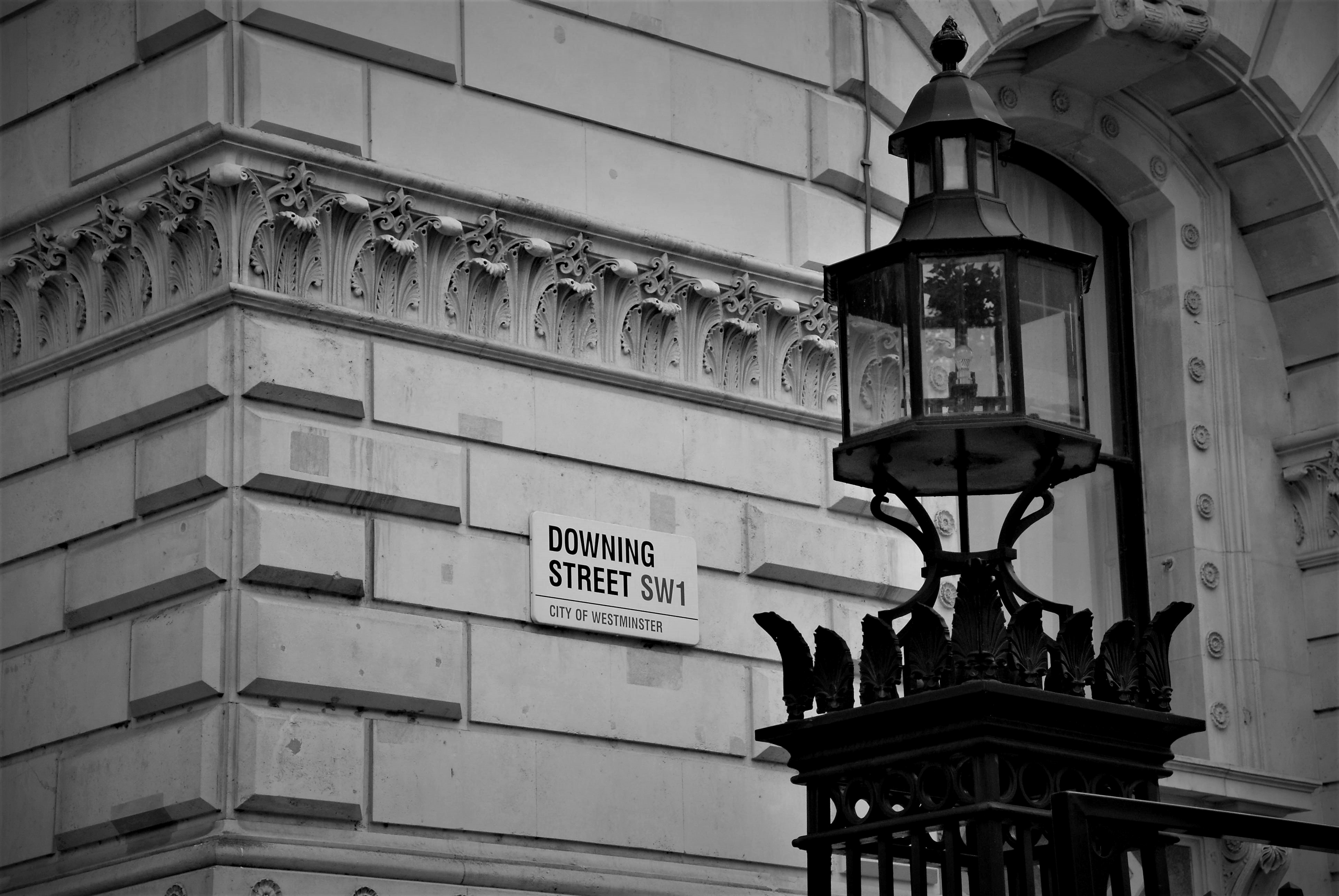
Digital Services Act (EU)
Latest update: 5th July 2022
When was it published? Agreement reached by EU Parliament and the Council on the final draft of the Digital Services Act
What is it? The Digital Service Act and Digital Markets Act work in unison to create a safer digital space where the fundamental rights of users are protected, and to establish a level playing field for businesses. It is especially important in the digital era where online activity is on the rise and consumers and brands need more protection.
Background
The Digital Services Act (“DSA”) forms part of the Digital Services Package (“DSP”) alongside the Digital Markets Act (“DMA”). The DSP aims to create a safer digital space for users by regulating big tech platforms and creating a level playing field for competitors across the digital market.
The DSA is a legislative proposal aiming to modernise and reform the e-Commerce Directive regarding disinformation, illegal content and transparent advertising. The rise of big tech in the online space has called for reform to protect users and brands. The DSA creates rules and guidelines for many online players including: Intermediaries (internet access providers / domain name registrars), Hosting services (cloud and webhosting services), online platforms (online marketplaces, app stores, social media platforms).
In establishing transparency and a clear accountability framework for online platforms it aims to ensure that the ‘big players’ on the market are held accountable for prohibited content and that users’ fundamental rights are protected. Online intermediaries offering services on the single market, whether they are established in the EU or outside will have to comply with the rules, with special attention paid to large online platforms (i.e., those with more than 45 million active users per month).
The impact of the new measures means that the sufficient surveillance and enforcement will be implemented to supervise and catch illegal content. Some specific measures include:
- Trusted flagger status - – the introduction of a ‘trusted flagger’ means that verified users will be able to flag illegal content, with the platform then obliged to notify them of any decisions. This is a beneficial tool from a Brand Protection point of view for addressing illegal goods, content and services
- Obligations on traceability of business users – specifically for online marketplaces and the sale of illegal goods
- Obligations for ‘big players’ – a duty is imposed on platforms to prevent misuse of their systems and take appropriate follow up actions
- Out-of-court dispute resolution – as well as internal complaint-handling systems, each Member State shall create an out-of-court dispute settlement body to resolve disputes, with online platforms required to engage with and to be bound by any decision.
What does this mean for intermediaries?
The DSA places due diligence obligations on intermediaries to engage with the content on their own platforms, rather than pass the baton to the next available contact, or to be dependent on active notifications from rights holders. The DSA categorises intermediaries into three categories: mere conduit services, caching services and hosting services. There are also distinctions between online platforms and very large online platforms and which obligations they are subject to.
Key implementations for intermediaries
- All intermediary service providers will have to: establish points of contacts for authorities and users, ensure fair and transparent terms and conditions, setout restrictions that may be imposed on the use of their services, and publish reports on content moderation and removal of information content considered to be illegal or non-compliant
- Hosting providers: put in place mechanisms that allow users to notify of illegal content
- Online platforms: trusted flaggers mechanism where notices are treated as a priority and without delay, set up of internal complaints systems, must allow users to challenge decisions before out of court dispute settlement bodies
- Online marketplace: must design user interfaces in a way that traders comply with EU consumer and product safety law, obliged to intervene where products and services are illegal, online interface of marketplace must not deceive or manipulate consumers and they must control and regulate advertising
- Very large online platforms: to conduct risk assessments on use of their services and take effective risk mitigation measures
Next steps
The Agreement will be reviewed for formal approval by two co-legislators. The DSA will be implemented across the EU and will apply after fifteen months or from 1 January 2024, whichever is later. The implementation of the DSA will mean, in theory, that big tech will be held accountable for content that appears on their platforms and provide more protection for brands where their intellectual property has been targeted especially in scenarios of counterfeit goods, piracy, misinformation, and other IP-related crimes.
Whilst many consider that contemporary online regulation is long overdue, implementing effective legislation is complex and presents practical issues–the law is always one step behind technology, and the DSA is reliant on big tech embracing these reforms. It remains to be seen whether this new round of regulation will create a digital safe space for brands and Internet users.
Send us your thoughts:
Would you like to read more articles like this?
Building 1000
Cambridge Research Park
CB25 9PD
Fax. 01223 425258
info@iamstobbs.com
Privacy policy
German office legal notice
Cookie Declaration
Complaints Policy
Copyright © 2022 Stobbs IP
Registered Office: Building 1000, Cambridge Research Park, Cambridge, CB25 9PD.
VAT Number 155 4670 01.
Stobbs (IP) Limited and its directors and employees who are registered UK trade mark attorneys are regulated by IPReg www.ipreg.org.uk

